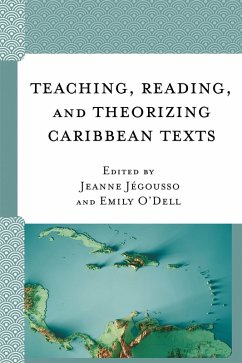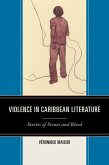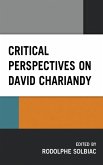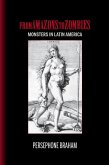Teaching, Reading, and Theorizing Caribbean Texts explores alternative approaches to Caribbean texts from transnational and multilingual perspectives. The authors query what new systems and criteria can be implemented to rethink and remodel our theoretical and pedagogical corpus and alter the lenses through which we study Caribbean texts. Pulling from the Caribbean's global diaspora, the authors examine writers such as Roxane Gay, Esmeralda Santiago, Wilson Harris, and Gloria Anzaldúa in order to resituate the place of Caribbean texts in the classroom. Each chapter argues for a reunification of Caribbean literature studies-rather than studying this body of text only in terms of a certain aspect of its history or culture, the authors necessitate the importance of analyzing these works from a pan-Caribbean perspective. This collection discusses the ideas of transcending individual disciplines and specialties to create global theories, overcoming pedagogical challenges when bringing Caribbean texts into the classroom, and (re)reading texts with the purpose of discovering new symbols, themes, and meanings.
Bitte wählen Sie Ihr Anliegen aus.
Rechnungen
Retourenschein anfordern
Bestellstatus
Storno









